Aviation industry and labor groups are pushing back on Biden Administration plans to increase taxes on business aviation. A coalition of the organizations sent a letter today (March 14) opposing the proposed fivefold increase in taxes to Ron Wyden Chairman of the U.S. Senate Committee on Finance, Ranking Member Mike Crapo, R-Idaho, as well as U.S. House Committee on Ways and Means Chairman Jason Smith, R-8-Mo., and Ranking Member Richard Neal, D-1-Mass.
In defense of the industry, the letter said, in part, “According to a 2018 Harris Poll, 85 percent of companies relying on an airplane to meet their transportation challenges are small and mid-size enterprises. The passengers aboard a business airplane are typically technicians, mid-level managers and customers, not C-suite executives.”
The letter went on to cite the efficiency, flexibility and productivity business aviation provides, including the value to communities that depend on business aviation for essential transportation needs, as well as supporting law enforcement, medevac and humanitarian operations, such as flood and storm relief missions.
The groups also pointed out to the lawmakers that the industry supports 1.2 million jobs and contributes nearly $250 billion to the U.S. gross domestic product. Also, business and corporate aviation plays a significant role as “an innovation incubator” for safety initiatives and advances in sustainable fuels, aiming for net-zero carbon emissions.
The letter was signed by leaders of the Aircraft Owners and Pilots Association (AOPA), Experimental Aircraft Association (EAA), General Aviation Manufacturers Association (GAMA), International Association of Machinists and Aerospace Workers (IAM), National Air Transportation Association (NATA), National Business Aviation Association (NBAA), NetJets Association of Shared Aircraft Pilots (NJASAP) and Vertical Aviation International (VAI—[formerly the Helicopter Association International (HAI)]. It concluded: “Rather than ill-considered tax proposals and regulatory changes, we urge Congress to partner with the business aviation community, which is leading the way in developing new and innovative safety and environmental technologies, connecting communities, creating jobs, and benefiting American businesses of all sizes.”


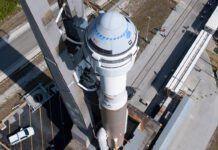










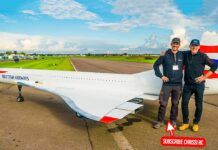

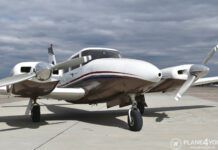







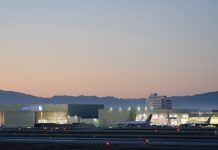
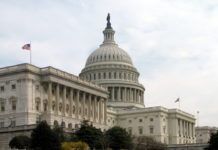



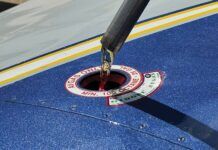




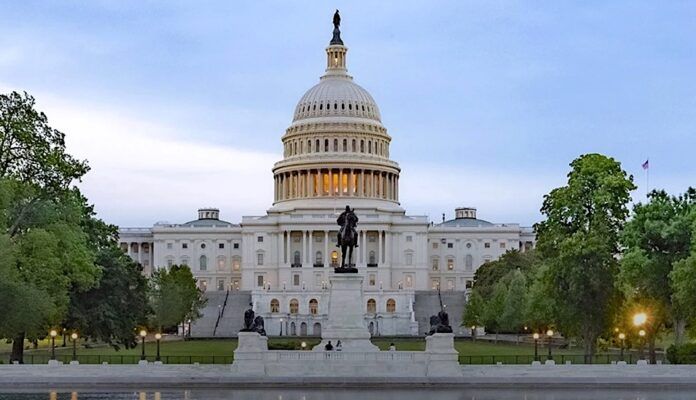
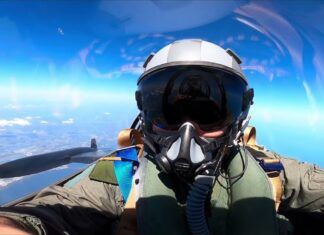
Of course they’re pushing back. No one wants to pay more taxes. In other really obvious news, water is wet.
All the money enters the general fund. No one likes paying money in for one thing and it be used for something else.
I’m thankful for these industry leaders pushing back on tax increases. It’s time for the government to cut wasteful spending.
I wonder if the proposed tax increases affect the President’s private jet – Air Force One?
Air Force One is not a private jet, it’s public use. The same as your local law enforcement aircraft.
Correction. Actually it’s a military aircraft.
Anytime someone talks about people paying their “fair share,” I know that they probably haven’t looked at the actual data. Cite the real data. It does not tell the whole story, but the top 1% of income earners pay the highest effective federal tax rate according to the actual data and they account for 40% of all federal income tax revenue. So, what is the definition of “fair” in this case?
I don’t know how the airline fee revenue compares to the jet fuel taxes that business jets pay. And how does it relate to their actual usage and cost to airports and ATC? Show the data first and then let’s talk about fairness.
The proposal is to tax jet fuel, not high income individuals.
Thank you Scott. Our President flies the most expensive business jet the world has ever known. And forget about the supporting planes and equipment. Asking if that is “fair” is obviously the wrong question. Ask if it useful, meaningful, beneficial, necessary, etc.
Much ado about nothing. According to my calculations the maximum proposed increase in Jet A tax would be $0.896 per gallon. Using the FBO’s fuel price at the Dallas airport I fly out of at $5.59/gallon and as an example of a Challenger 600’s fuel consumption, the tax increase would amount to about $282/hour. I don’t know anyone who owns a Challenger 600 but suspect they’d be in the same wealth category as those that have sky boxes at Dallas Cowboy Stadium where a pizza delivered to their sky box costs $200 (posted price there about six years ago). Consequently I suppose that anyone who can afford an overall operating cost for my example Challenger 600 of $5,377.02/hour (according to the Globalair web site) could afford to pony up an additional $282 if they’d notice that little at all.
I’m also old enough to remember when medical doctors weren’t saddled with three quarters of a million dollars in student loans so could afford to open their own practices and charge what they believed their patients could afford to pay. Was charging the better off to support health care for their poorer neighbors a bad thing? Now with indebted doctors as employees of private equity practice owners that’s not possible. Is that a good thing?
Reality is what my Granddaddy used to say, “Them that has, gets.”.